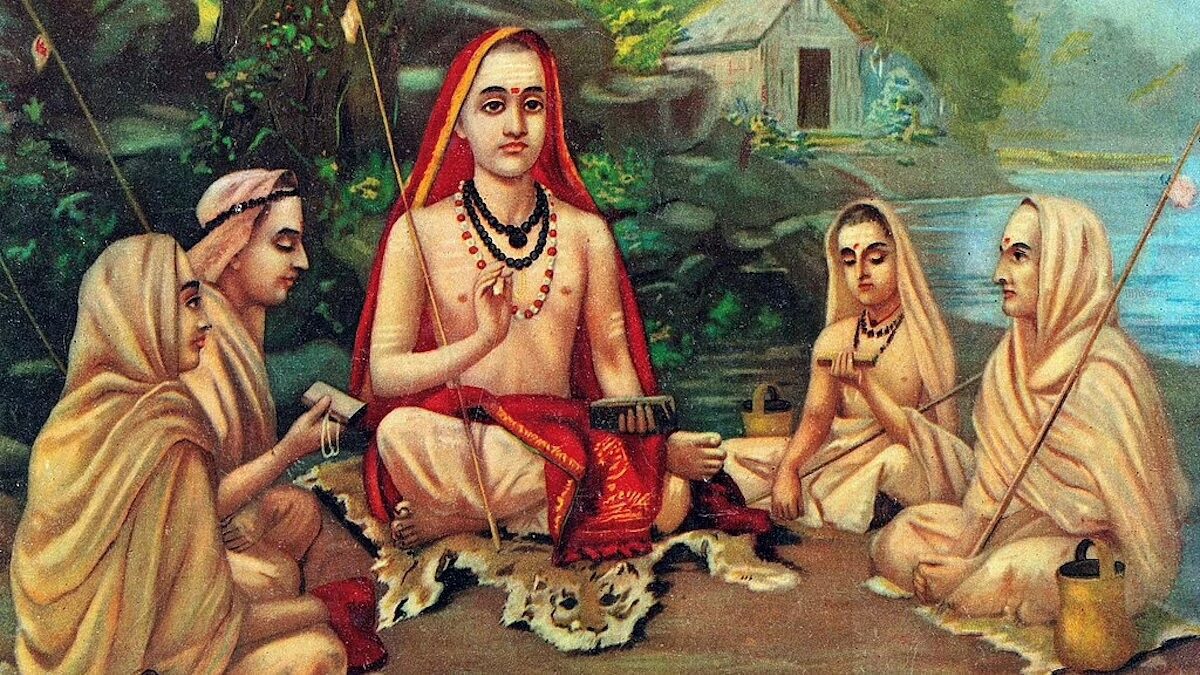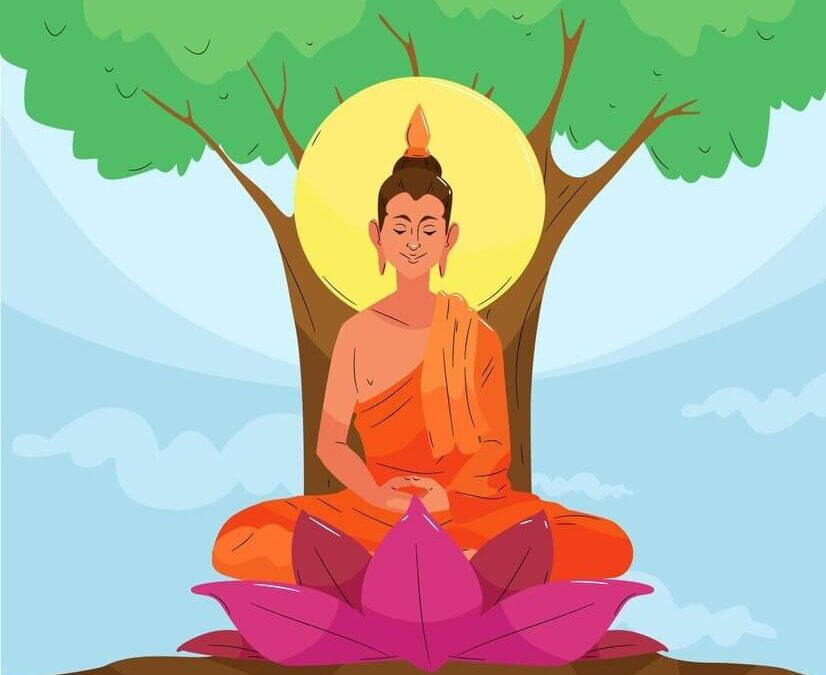
The South Indian Shaivite Brahman Shankara was born in 788 A.D. He had strengthened the classical Vedanta philosophy, which is one of the six systems of salvation in Hinduism.
Shankaracharya’s greatness lies in his brilliant dialectics. He used to challenge the Buddhist monks for philosophical discussion. He was using ‘ logic ‘ to defeat his opponents in philosophical debates. The subject logic was developed by Buddhism. The same subject logic was used by Shankaracharya to defeat his opponents like Jainism and Buddhism. Shankaracharya is also called Praudha Buddha because he used the subject logic of Buddhism to defeat the Buddhist monk in philosophical discussion.
The success of Shankaracharya helped to revive Hinduism in South India in the 8th and 9th century AD. That success is reflected in the strengthening of the Bhakti movement in South India during the same period.
Another significance of Shankaracharya is that he reduced all the apparently self-contradictory passages of the Upanishad into a consistent system, though not unchallenged, that has remained the standard philosophy of intellectual Hinduism to this day. The comparison of Shankaracharya in Hinduism with St. Thomas Aquinas in the Roman Catholic Church is a very fair one.
The doctrine of Shankaracharya is often known as Advaitvada or Kevaladvaits which means strict monism. According to Advaitvads, at the highest level of truth, the whole phenomenal universe, including the gods themselves, was unreal. The world was Maya, an illusion, a dream, a mirage, a figment of the imagination. Ultimately the only reality was Brahman, the impersonal world soul of the Upanishad, with which the individual soul was identical.
The critics of Shankaracharya argue that if the world is Maya or illusion or dream then what is the purpose of life to pursue material things in life. They argued that the philosophy of the Shankaracharya had created a disdain for material success in life.
To conclude, the philosophy of advaitvad not only influenced Indian scholars but also western intellectuals were equally influenced by it.


